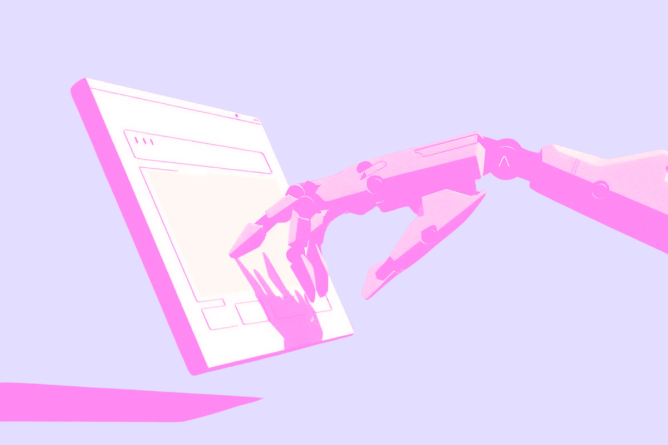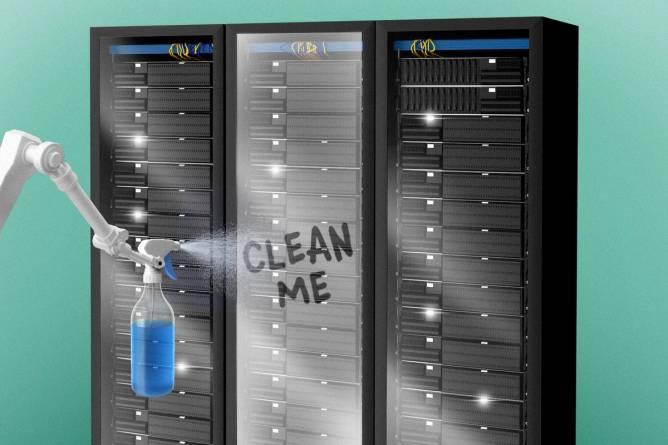|
Security teams say they feel stuck between a rock and a hard place when it comes to patrolling AI-powered developers. Lucky for them, several security experts say these feelings are just temporary.
The relationship between cybersecurity teams and software developers continues to mimic that of a worried parent and a rebellious teenager as developers leverage AI in their roles. According to a new report from Venafi that surveyed 800 security leaders from four different countries, about 66% of security decision-makers say it is impossible for their teams to keep up with AI-powered developers, despite concerns such as a dependency on AI leading to lower standards being top of mind. Almost three-quarters (72%) said they felt like they had no choice but to allow developers to use AI to remain competitive.
Been there, done that. Venafi Chief Innovation Officer Kevin Bocek told IT Brew that this love-hate dynamic between security teams and AI-powered developers is a familiar story, drawing parallels with security teams’ initial reactions toward cloud computing.
“Developers were excited about it. CIOs were excited about it. CTOs were excited about it, and it took time for security teams to be comfortable,” said Bocek, adding that the industry now has a “plethora” of security controls that protect data, applications, and compute networking years later.
Fortunately, Bocek said that security teams can look toward the widespread adoption of cloud computing as a “blueprint” to solve this “age-old problem” and take a strategic approach to implementing security protocols.
Keep reading here.—BM
|









